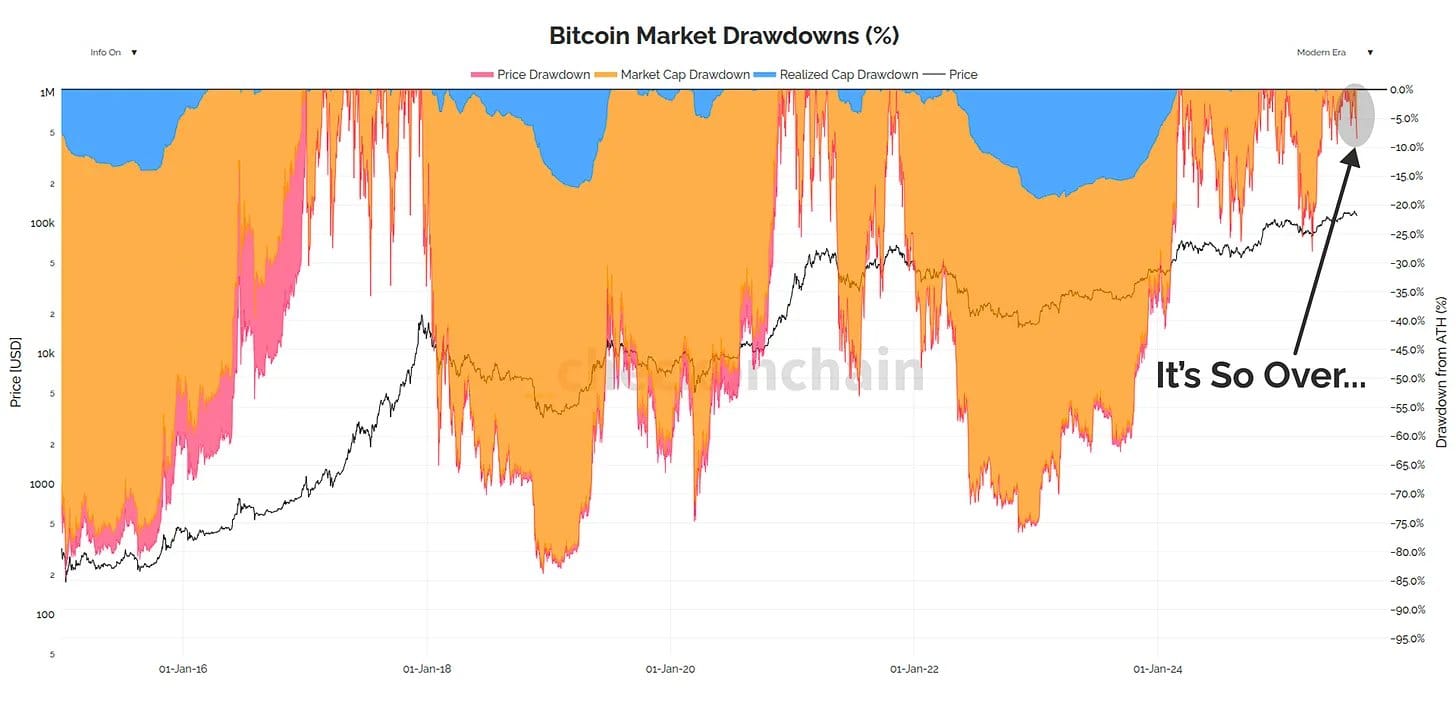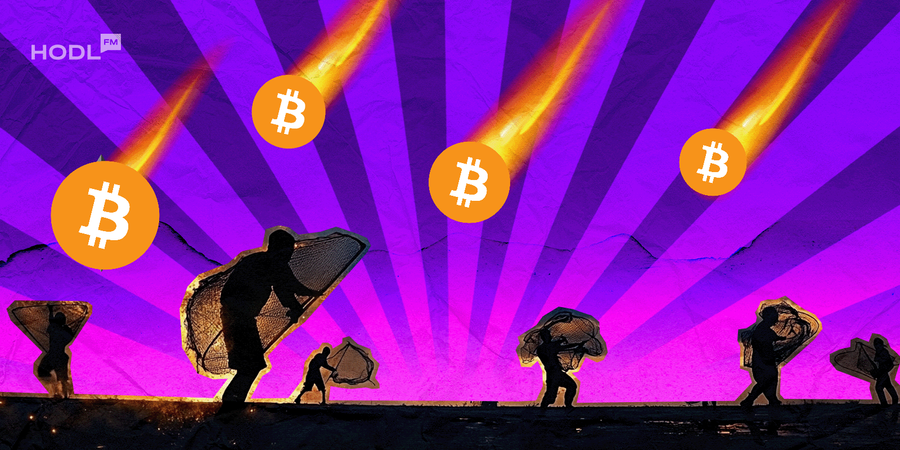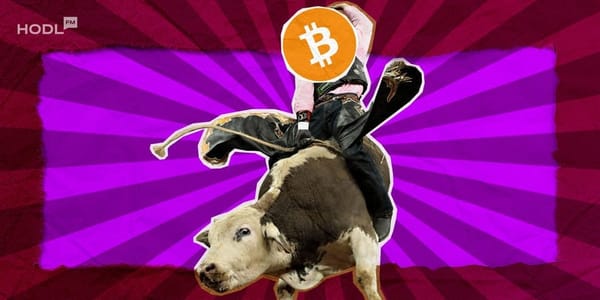Let’s be honest: nothing gets under my skin more than when Bitcoin's price decides to fall, like it did this week. First, it went from $118,000 to $115,000, then from $115,000 to $112,000 . It’s stressful, unsettling, and frustrating. We’re supposed to be on this unstoppable path to financial freedom, with all signs pointing upward, yet here we are, stuck watching a perfectly normal -10% drop.
Trust me, it sucks when your net worth takes a hit in a matter of hours. So here’s a tip: never, under any circumstances, calculate exactly how much you lost during a dip like the recent -9.2%. Don’t even think about how much you burned trying to “buy the dip” too soon or “catch the falling knife” when Bitcoin was plummeting.
Bitcoin’s Price Didn’t Drop Because of Some Political Drama
You’ll see articles all over the place, linking Bitcoin’s price swings to news about politicians or financial market updates. But here’s the truth: nobody — not us, not anyone, actually — believes Bitcoin’s price is moving because of some off-hand comment from a politician or because a tech CEO decided to buy more Bitcoin. The drop isn’t because of some tiny change in a Federal Reserve statement.

There’s no logical reason why Bitcoin’s price should be tied to the latest executive order from the White House.
Many so-called experts will try to explain why Bitcoin’s price did this or that, but here’s the kicker: no one really knows. Bitcoin has grown too big to be easily influenced by small news items. It moves based on things that are impossible to predict: moods, liquidity changes, and the general buzz in the market.
We write about Bitcoin’s price because you keep clicking on those articles. You vote with your clicks just as much as you do with your money. If you’re tired of the same old, shallow analysis, take a moment and read the deeper stuff. Don’t settle for the kind of reporting that goes stale quicker than a fast-food burger.
What Really Drives Bitcoin’s Price?
The financial market is basically everyone’s guess about what’s coming in the future, all boiled down into the present price. Every piece of news, whether it’s about the government making moves or some obscure company buying a lot of Bitcoin — factors into the mix, and out pops a new price.
Welcome to the rollercoaster of financial markets.
If you want to get technical with your analysis, fine, but don’t expect it to be right every time. You can try analyzing market liquidity or diving deep into short-selling, but you’ll likely be wrong. No price is attached to some “psychological limit” or a moving average. Price does what it does, and you can’t predict it.
All we can do is accept the madness. Nobody knows if Bitcoin’s grand moment is next week, next year, or next century, but it sure will make a huge difference to your finances.
The Fun of Buying High and Losing Big
Take David Bailey, for example. The guy dropped nearly $700 million into Bitcoin. He bought at the peak, and boom, lost $36 million almost instantly. Meanwhile, the Swedish company H100 bought more than 100 BTC at $121,000, yikes, that’s a million-dollar mistake.
It’s a classic case of getting caught in the hype. You think you’re making the right move, but Bitcoin’s mood swings don’t care about your timing. The only thing you can count on is that the highs will be followed by some dramatic lows. Welcome to the party.
Why You Should Embrace the Chaos
At the end of the day, Bitcoin’s price will do what it does. You can’t control it, no matter how hard you try. The key is to roll with the punches, learn from your mistakes, and stay in it for the long haul. It’s not a sprint, it’s a marathon.

Disclaimer: All materials on this site are for informational purposes only. None of the material should be interpreted as investment advice. Please note that despite the nature of much of the material created and hosted on this website, HODL FM is not a financial reference resource, and the opinions of authors and other contributors are their own and should not be taken as financial advice. If you require advice. HODL FM strongly recommends contacting a qualified industry professional.





